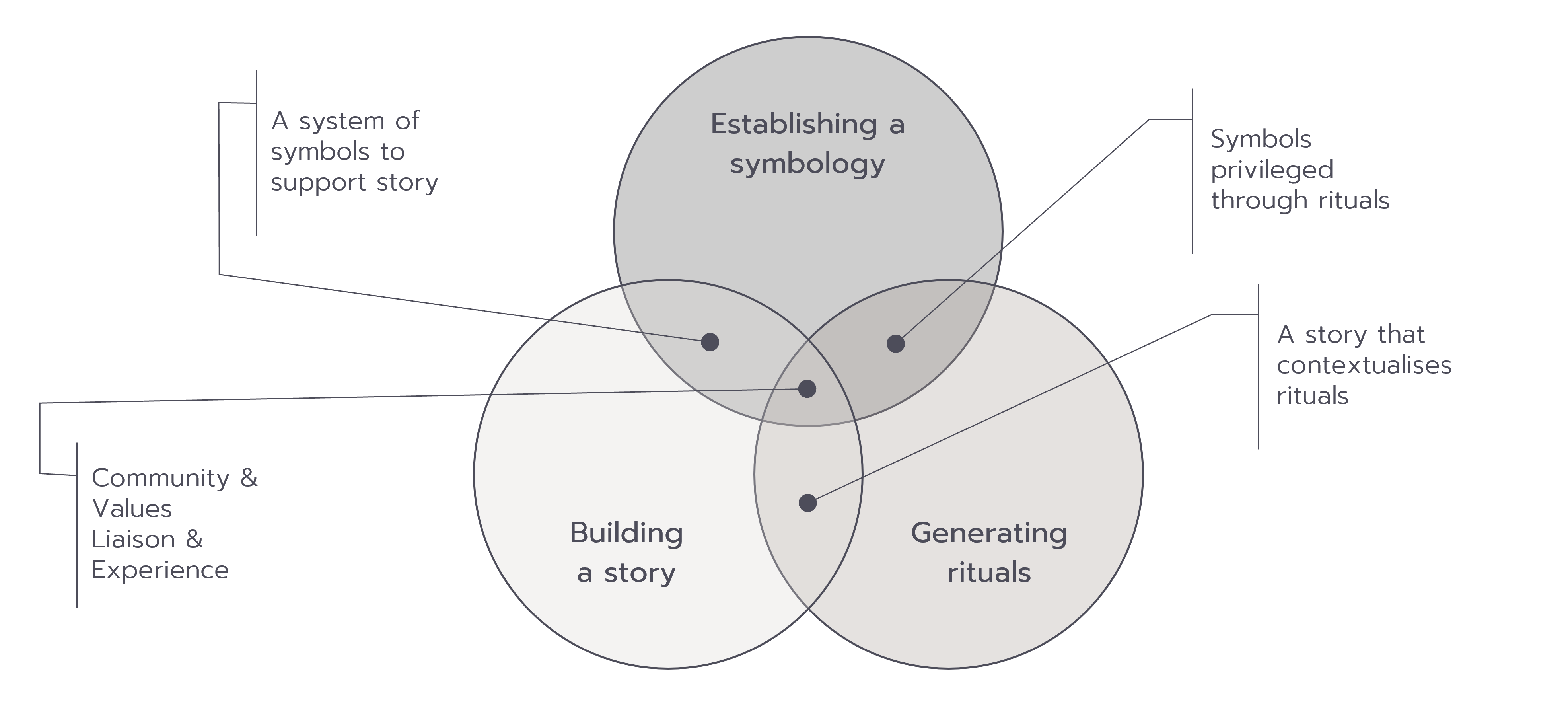Ukraine, Russia and Storytelling, or when in the face of manipulation, a truth will come out.
We are in those days when, unfortunately, we learn the hard way, or maybe we have not finished learning what really matters. It would be dramatic.
We are still the only animal that can trip over the same stone time and time again.
War, war, war, war that is no stranger to companies, nor to their marketing and brands. It’s at this moment when the worst of our professional practice emerges and becomes evident; marketing turned into propaganda, the brand transmuted into a symbol that synthesises love or hate, leadership converted into forms that are functional to manipulation, and the rest is devastated, lifeless, terra nullius.
Storytelling Turned into a Tool of Manipulation
Historically, wars are not only fought on the battlefront, but also on the desks where narratives are elaborated in order to psychologically exert pressure and manipulate the feelings and moods of the enemy, and the opinions of those who join them.
Today, in our globalised and digitised world – despite some people’s misgivings – these narratives have become industrialised, accelerated and capillarised, making everyone believe that they are free thinkers who have come to the same conclusion as those around them.
Mental note: I get tired of so many pandemic experts on the social networks who are now showing their high knowledge of wars and invasions.
In a world of greyscale, we are again forced to choose between black and white. Henry Ford would be happy if once again you could only choose his black “Ford T”.
Storytelling becomes a tool of global manipulation. Half-truths, hidden messages and unscrupulous people add up to shape it. It no longer matters what means will be used to achieve the objectives.
The Depth of Business, the Superficiality of Branding
The war, which is close to us today, leads us to reflect and ask ourselves whether some businesses, with the justification that no one is killed, also seek that manipulation that Machiavellianly renounces to any kind of modesty and generates stories that we accept for their attractiveness, even though they are completely and falsely unsustainable.
The brand and the experiences that surround it are built through symbols, rituals, and stories*, hence storytelling is a key element in the company-audience relationship through the brand.

If the story aims to manipulate it has the effect of making the company lose transparency and authenticity, and this puts at risk the creation of value, the generation of revenue and the achievement of a positive impact on society. It is not something that happens overnight, but it does happen.
Stories must please, attract, even make people fall in love. What they cannot do is deceive, distort reality, or manipulate in order to gain more, to prevail. Today, to be honest with ourselves, all of that is happening.
The Lightness of Letting Things Happen
Let’s talk about sins and not sinners to make my point:
- A FMCG company that flaunts its chest and shows off all its credential in terms of social and environmental impact, and which in return has been hiding for years the steady decline in the prices it pays for its raw materials, limiting the possibilities of growing and improving the lives of its suppliers – it is asphyxiating them
- A beverage company that emphasises how it recovers the water it uses in its production cycle – its CEO even said that they recovered 120% of what they consumed; God, how they test us – while it is one of the largest consumers of plastic globally
- A company that comes out to celebrate that it has improved as a place to work because the number of suicides among its employees has been reduced, something it obviously avoids saying – pure cynicism, while people die as well
The three cases mentioned above are examples of stories that make many people happy, especially when we tend to be more superficial in the information consumed, with less data verification, and a hard-to-explain taste for being part of a majority that uncritically accepts the mirrors they are sold.
I wonder if the people who write the war stories are the same people as those who put together these corporate tall tales.
The Learning Many of Us Have Already Understood
My good friends, not all is lost. There are companies, fortunately many, whether large, medium or small, that aspire to be coherent and consistent in what they think, do and say. We are proud to say that we are lucky enough to work with several of them.
These are companies that tell us stories that are really worth listening to in order to engage and experience what the brand promises:
- Patagonia and its invitation to consume responsibly has made a big business of mending and sewing its old garments; “don’t buy from us but bring your garment and we’ll put it back in condition for you”
- MUD Jeans and its leasing of trousers to engage its customers in circular economy-based processes
- Cosentino and its commitment to the environment through the re-engineering of its production processes and the reforestation of its old opencast mines
- IKEA and the way it designs and influences the use, reuse and recycling of what its customers buy from it as a way to achieve a significant impact on society and the environment
And now a large number of companies and their brands, out of conviction, because of social pressure or because they are forced to tell a story whose script is global, are closing their operations in Russia – closing down, not renewing stock or reducing exposure. This is good, but it carries risks, such as the list compiled by Jeffrey Sonnenfeld of the prestigious Yale School of Management, where he not only mentions brands that have begun their exodus from Russia, but also includes the “blacklist” of those that have not yet done so – without elaborating on the reasons. This, in my humble opinion, takes me back to historical situations that should not return.
The learning is clear. Work on your brand, develop a good story, create rituals, build a unique experience… but do it with coherence and consistency between what you think and what you do. That is the key to lasting, positive and profitable transformation.
Apart from any ideological bias, it bears repeating that Russia’s invasion of Ukraine is to be repudiated. There is no such thing as a valid story.
*Framework developed by Ted Matthews. Thank you Ted!
Shall we talk about your business and your brand?
Learn more about how to create and build a results-driven brand and raise consciousness simultaneously together with Allegro 234.
Read our business cases, visit our blog, subscribe to our newsletter or meet us for a coffee to discuss opportunities to sustainably transform and grow your business and your brand.
Header:
Pixabay “communist-3082369_1920” de pasja 1000








0 Comments